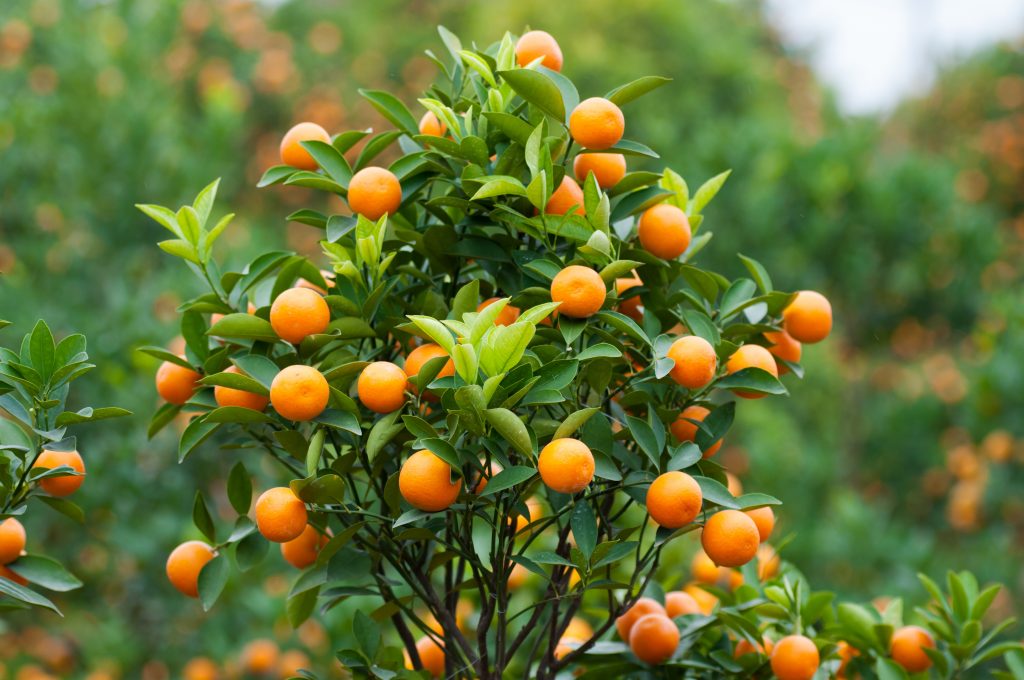
By Clint Thompson
Georgia’s citrus industry is expected to double in acreage by the end of 2020, according to Lindy Savelle, president of the Georgia Citrus Association. The projected increase from 1,000 to nearly 2,000 acres this year presents the growers with an interesting challenge as they prepare for when these trees start producing fruit.
“We project by the end of 2023 that we could have close to 50 million pounds of fruit coming out of Georgia. We’ve got two to three years to catch up to the fruit that’s being planted,” Savelle said.
Georgia already has a couple of outlets for which its growers utilize to sell their citrus. Savelle said school systems and commercial buyers are the state’s main sources, though she anticipates a group of investors will establish a centrally located packing facility to service customers on a large-scale basis by the end of 2023 to meet the demands that approximately 2,000 acres or 200,000 trees will require.
“When we first started out, it was people who had 1 to 5 to 10 acres that were putting in citrus, but what happened this past year in 2019, we saw some traditional farmers, people that actually have their farms as a profession, they began to put in large acreage. We’ve got some growers that have invested in 30 to 50 acres and they intend on putting in more acreage next year and the year after,” Savelle said.
She added that when large-scale growers decide to add citrus to their farming operations, it sends a message that this is a commodity worth considering.
Citrus is currently grown in 39 counties in Georgia. The bulk of the fruit, 80 to 90 percent, being produced is satsuma oranges. Satsumas are a cold-tolerant citrus. Once established, they can withstand temperatures as low as 15 degrees. They’re also seedless and easy to peel.
Savelle believes, however, that the trend of Georgia growers producing mainly satsumas as part of their citrus operations is changing.
“That’s quickly changing because we want to have diversity. We’re seeing Navels going in. We’re seeing grapefruit, lemon, lime; the whole gamut of citrus. It’s heavy in satsumas but you need diversity to spread out the harvest and growing season and be able to supply your customers with more than just one product,” Savelle said.
Get more information about citrus production in Georgia.









